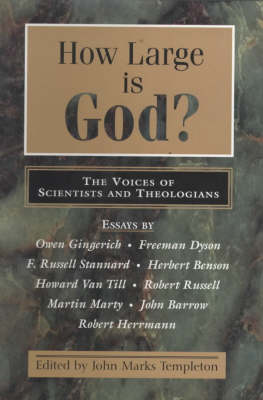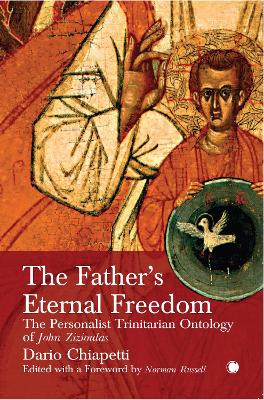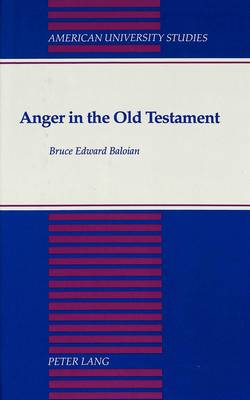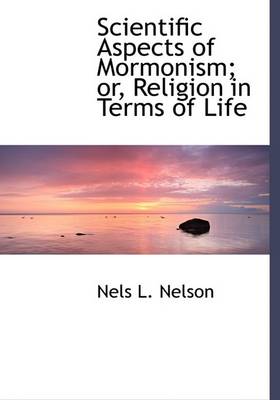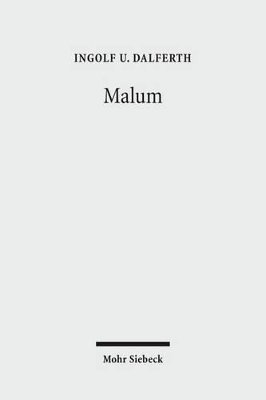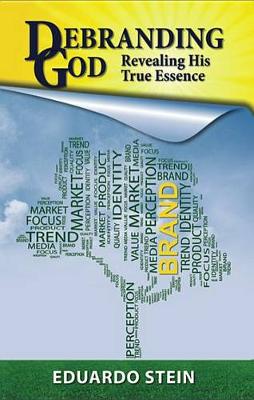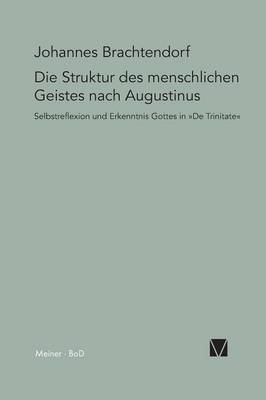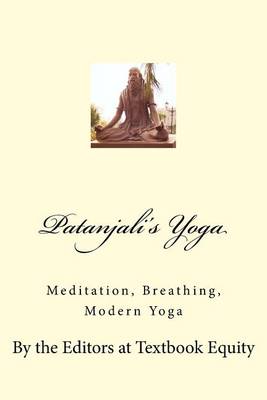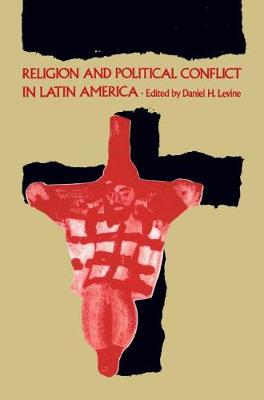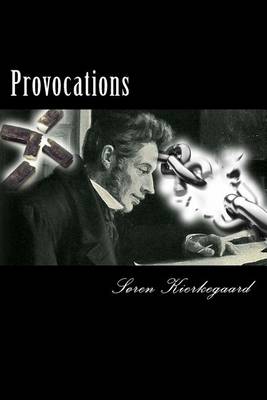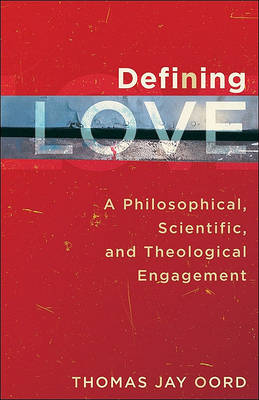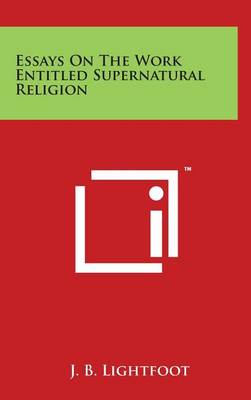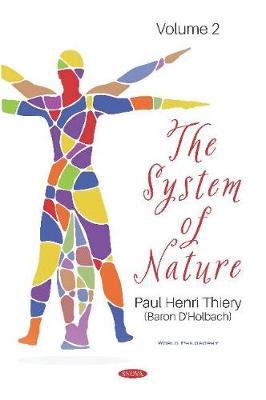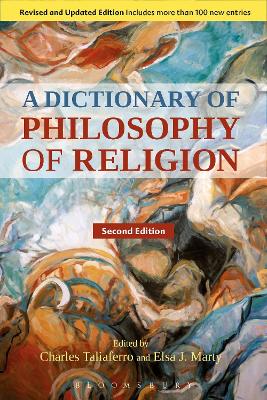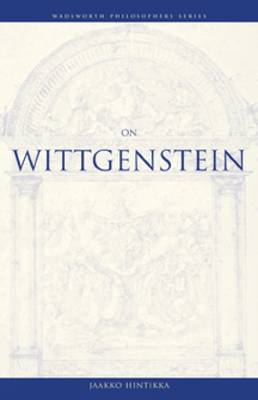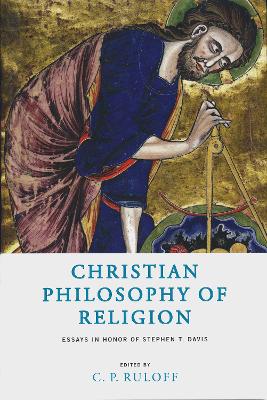The Father's Eternal Freedom
John Zizioulas is renowned for his controversial reflection on the ontological freedom as the cause and cipher of God's being, which also has important implications for anthropology, ecclesiology and ecumenical dialogue. This view is bound up with a personalist conception of the Trinity, recognised in the teaching of the Greek Church Fathers, in which the person represents the primary ontological category. In particular, Zizioulas shows how, by virtue of the Father, personhood coincides with abs...
Anger in the Old Testament (American University Studies, Series 7: Theology & Religion, #99)
by Bruce Edward Baloian
Verbin engages with the logical features of the experience of divine abuse and the religious difficulties to which it gives rise.
Scientific Aspects of Mormonism; Or, Religion in Terms of Life
by Nels L Nelson
Der Einbruch von Boesem und UEbeln in das Leben provoziert Menschen seit alters, sich an Goettliches, Goetter oder Gott zu wenden, um sich im Leben neu zu orientieren. Wie vielschichtig das geschieht, untersucht Ingolf U. Dalferth in drei Gedankengangen, die sich mit den zentralen Strangen im christlichen Verstandnis des malum als Mangel an Gutem, als UEbeltat und als Unglaube auseinandersetzen. Dabei kommen das Theodizeeprojekt, das Freiheitsprojekt und das Gottesprojekt ausfuhrlich zur Sprache...
" ... Hubners Buch ist ein epochales philosophisches Ereignis, durch das dem Glauben der Charakter des sacrificium intellectus genommen und wieder jene Legitimitat verliehen werden soll, die ihm durch die wissenschaftliche Vernunft Zug um Zug entzogen worden ist. ..."Dieter Borchmeyer in Die Zeit Nr. 46 vom 8.11.2001"Ein erstaunliches, selbstbewusstes und noetiges Buch, ein Buch, das wohl so nur noch ein Nichttheologe schreiben kann, freilich einer, der sehr umfassend in der Theologie bewandert...
Selbstrefelexion und Erkenntnis Gottes (Paradeigmata, #19)
by Johannes Brachtendorf
The Phenomenology of Religious Life (Studies in Continental Thought)
by Martin Heidegger
"The Phenomenology of Religious Life" presents the text of Heidegger's important 1920-1921 lectures on religion. First published in 1995 as volume 60 of the Gesamtausgabe, the work reveals a young Heidegger searching for the striking language that eventually formed the mature expression of his thought. The volume consists of the famous lecture course "Introduction to the Phenomenology of Religion," a course on "Augustine and Neoplatonism," and notes for a course on "The Philosophical Foundations...
!Metaphysics (Catholic Thought from Lublin Education; 26)
by Mieczyslaw Albert O P Krapiec and Mieczysaw Albert Krnapiec
Theo-Monistic Mysticism (Library of Philosophy and Religion)
by Michael Stoeber
In response to some of the current explanations of mystic phenomena, this book proposes an interpretive framework for understanding mysticism. It clarifies various kinds of mystical experiences, suggesting they are not wholly determined by subjective categories of interpretation, and illustrates how they can be synthesized in a theistic, mystic teleology. In reference to Ramanuja, Aurobinodo, Sankara, Eckhart, Ruusbroec and Boehme, monistic experiences are understood to culminate in higher theis...
In this account of his thinking, Peter Marshall develops a dynamic and organic philosophy for the coming millennium which he calls liberation ecology. Liberation ecology is holistic in viewing the world as a harmonious whole and all beings and things as interwoven threads in nature's web. It recognizes intuition as the main source of knowledge, and, above all, it is libertarian in seeking to release humanity, society and nature from their existing burdens so that they can unfurl and realize toge...
Religion and Political Conflict in Latin America
The authors examine popular religion as a vital source of new values and experiences as well as a source of pressure for change in the church, political life, and the social order as a whole and deal with the issues of poverty and the role of the poor within the church and political structures. Exploring areas from Nicaragua, El Salvador, Brazil, Bolivia, Colombia, and Chile, the authors analyze the transformation in popular religion and reevaluate the growth of grassroots organizations. |Winner...
Some scientific studies suggest that human beings are innately selfish and that Christian virtues like self-sacrifice are a delusion. In this intriguing volume, esteemed theologian Thomas Jay Oord interprets the scientific research and responds from a theological and philosophical standpoint, providing a state-of-the-art overview of love and altruism studies. He offers a definition of love that is scientifically, theologically, and philosophically adequate. As Oord helps readers arrive at a clea...
The System of Nature is a 2 volume book on philosophy written by Paul-Henri Thiry in 1770 and published in French. Most importantly, the author denies the existence of God, arguing that belief in a higher being is the product of fear, lack of understanding, and anthropomorphism. It is the most comprehensive description of Atheism in the history of philosophy.
A Dictionary of Philosophy of Religion, Second Edition
A Dictionary of Philosophy of Religion is an indispensable resource for students and scholars. Covering historical and contemporary figures, arguments, and terms, it offers an overview of the vital themes that make philosophy of religion the growing, vigorous field that it is today. It covers world religions and sources from east and west. Entries have been crafted for clarity, succinctness, and engagement. This second edition includes new entries, extended coverage of non-Christian topics, as...
This brief text assists students in understanding Wittgenstein's philosophy and thinking so that they can more fully engage in useful, intelligent class dialogue and improve their understanding of course content. Part of the "Wadsworth Philosophers Series," (which will eventually consist of approximately 100 titles, each focusing on a single "thinker" from ancient times to the present), ON WITTGENSTEIN is written by a philosopher deeply versed in the philosophy of this key thinker. Like other bo...
Christian Philosophy of Religion celebrates the work and influence of Stephen T. Davis over the past four decades in philosophy of religion, philosophical theology, and biblical studies. Davis's work is characterized by the application of formal tools of philosophy for the understanding and articulation of Christian doctrine. His emphasis on argumentative clarity and logical rigor is reflected in the contributions by the sixteen internationally recognized scholars of Christian philosophical theo...
